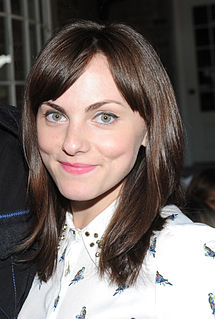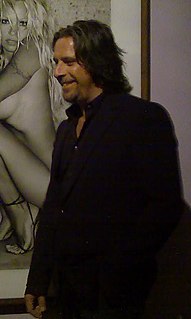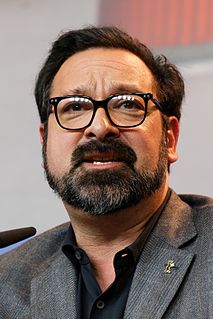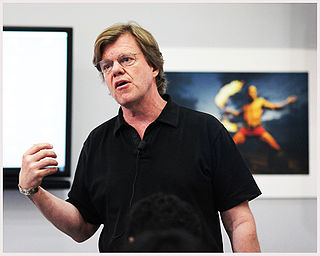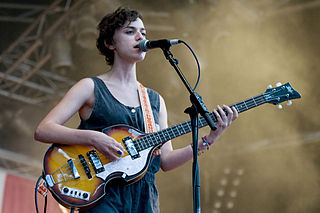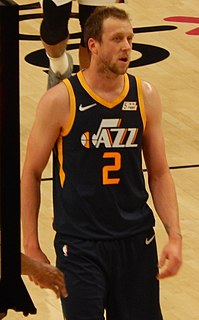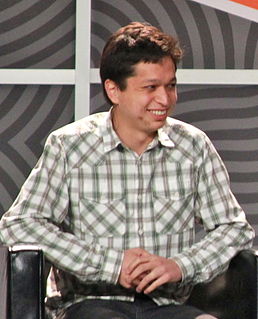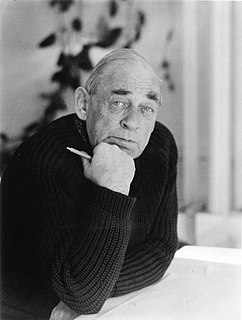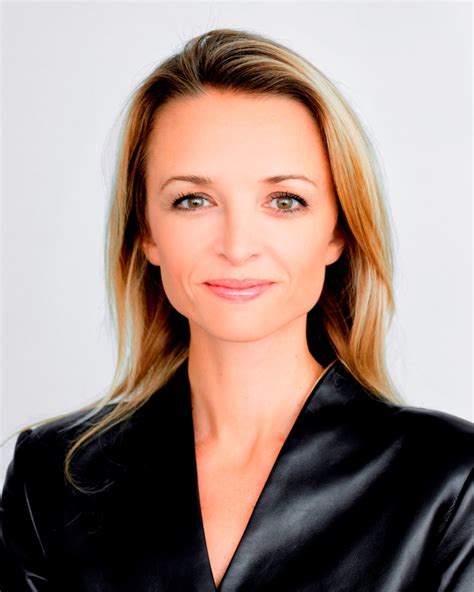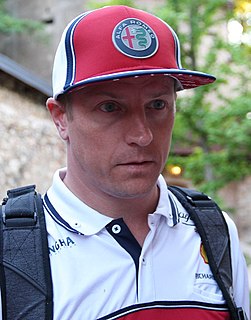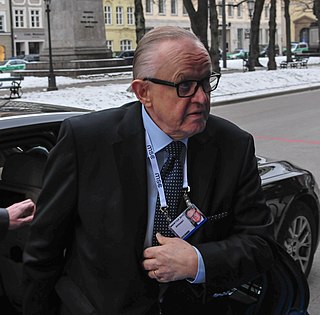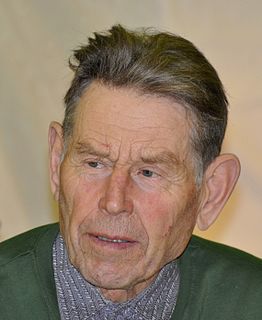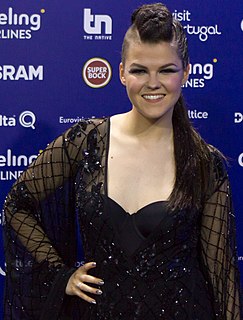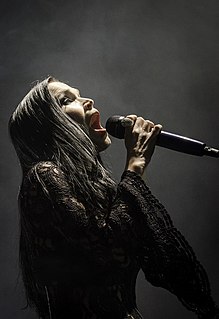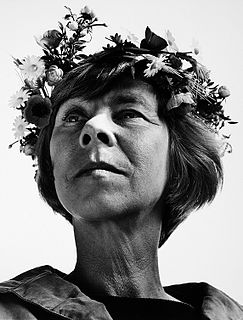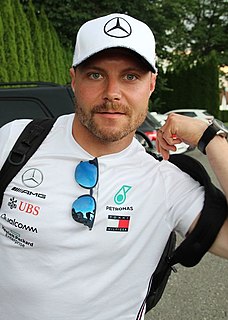A Quote by Pirjo Honkasalo
When I make a documentary I shoot very little but I hang around with my camera for a long time. I look at the people for a long time through the loop and then when I see something interested then I shoot. I think that I have become very sensitive to these things.
Related Quotes
I waited a long time, an hour or two, to make that picture perfect. But I wasn't totally satisfied. Then, when I'd finished the shoot, they were about to leave and they suddenly hugged in front of a radiator. I took my camera and that was the picture that ran everywhere - it was spontaneous emotion you could see they were completely in love.
I like to use a bit of chaos when I shoot. I think it may be something from the way I shot my first film - I was very scared, of course, and I prepared everything, I wanted to make sure that the characters did the right thing at the right time on the storyboard. But then I realised that in life, there is so much more than what you can predict or write in advance, that when you shoot the story, it's good to leave some gaps where you lose control. I think this combination of chaos and organisation gives a kind of quality.
When you're working with film, you can only shoot one angle at a time, and then everything has to stop, and you re-light it and shoot everything else from the opposite side, so it's really important that you stick exactly to what's written. But with the multi-camera digital setup, you're getting both sides of the scene at the same time, so it gives you that freedom to go off-book.
I used to catch and take a big dip down and then finally I'd try to shoot. That first year playing the NBA, I was realizing how little time you have to shoot the ball. The time you have from when you catch it to the guy closing out is just a split second. So I had to figure out a way to get my shot off quicker. Then it was just repetition.
I try and shoot as often as I can, I cross shoot. I have at least two cameras rolling at the same time. So I'll have two actors or two sets of actors at a time so everybody's basically on camera. So when they improvise we have everybody's coverage. And you can then go in the editing room and find the energy still stays there.
For a period of time, I carried cameras with me wherever I went, and then I realized that my interest in photography was turning toward the conceptual. So I wasn't carrying around cameras shooting stuff, I was developing concepts about what I wanted to shoot. And then I'd get the camera angle and do the job.

